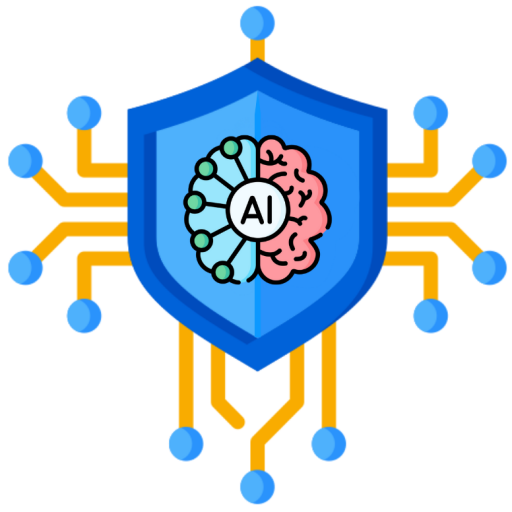Volume no :
9 |Issue no :
02Article Type :
Scholarly ArticleAuthor :
Rakhi S. Zade, Sejal N. Marke, Vasudha S. Wakte, Nikita F, Bankar, Sanket S. LokhandePublished Date :
June, 2025Publisher :
Journal of Artificial Intelligence and Cyber Security (JAICS)
Page No: 1 - 8
Abstract : Fog computing is a paradigm that extends cloud computing and services to the edge of the network, closer to where data is generated and consumed. This decentralized approach aims to improve efficiency, reduce latency, and address bandwidth constraints by processing data near its source rather than transmitting it to centralized cloud servers. Fog computing leverages computing resources in edge devices, routers, and base stations to perform tasks such as data storage, processing, and real time analytics. It supports a wide range of applications, including Internet of Things (IoT), smart cities, healthcare, and industrial automation, where real-time processing and low latency responses are critical. This abstract explores the key concepts, benefits, challenges, and applications of fog computing in enhancing the capabilities of distributed computing architectures. As the digital landscape evolves, fog computing continues to play a crucial role in enabling edge intelligence and improving the performance and reliability of modern networked systems.
Keyword Security, Scalability, Open, Autonomy, RAS (Reliability, Availability, Serviceability), Agility, Hierarchy, and Programmability.
Reference:
- https://www.wikipedia.org/
2.https://www.eccouncil.org/cybersecurityexchange/ethical-hacking/fog-computing everythingto-know/
3. https://www.sciencedirect.com/topics/computerscience/fog-computing 4. http://www.google.com/
